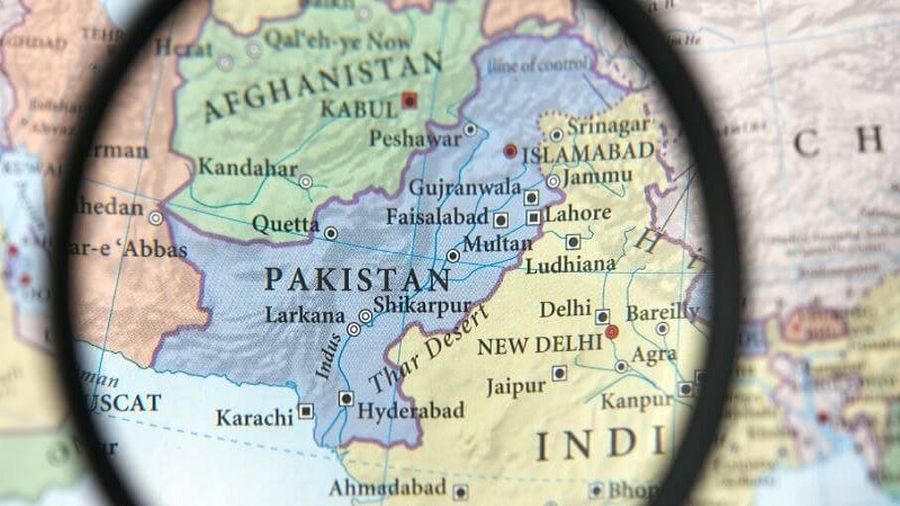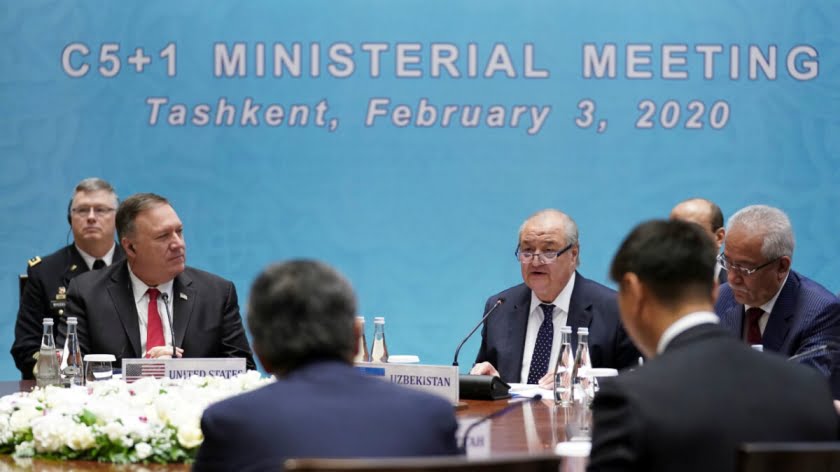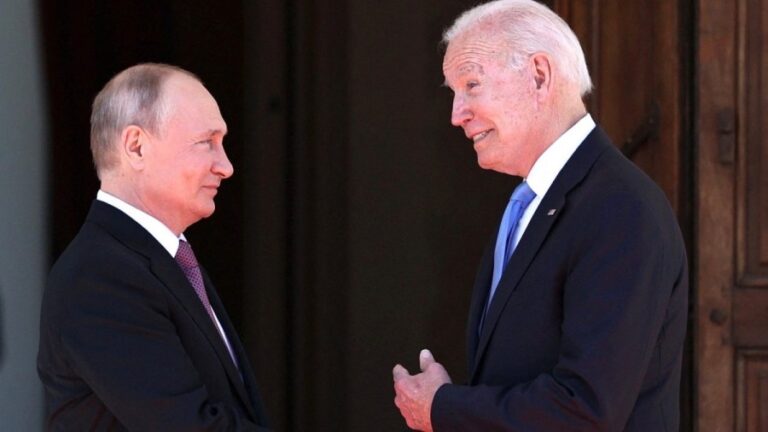Pakistan’s New Government Must Continue Its Predecessor’s Approach to Afghanistan
It might be tempting for the pro-US school of thought within The Establishment to consider doing something differently in Afghanistan in order to send a positive signal of intent to America but such short-term thinking carries with it the very credible risk of harming Pakistan’s interests in the long term. Afghanistan mustn’t become a political object in the Pakistani-American relationship where policies there can be traded with the expectation of quid pro quos elsewhere.
There’s plenty of speculation swirling about whether Pakistan’s new government will change its predecessor’s policies, and if so, which ones and to what extent. The pro-US school of thought in that country’s Establishment seems to have returned to policymaking predominance as suggested by the outcome of America’s latest regime change operation there. Those who ascribe to this worldview might be tempted to accordingly change their country’s policies, whether due to their sincere belief that doing so is in Pakistan’s best interests or perhaps simply as “goodwill” gesture to the US in the expectation that this will help get their troubled relations back on track. If anything of the sort unfolds, it mustn’t result in a significantly different approach to Afghanistan.
The terrorist-designated Taliban’s rapid return to power there following America’s chaotic evacuation last August was a milestone event for regional geopolitics. Pakistan’s ties with the group remain complicated over its support of the Tehreek-i-Taliban Pakistan (TTP), which is regarded by Islamabad as terrorists, but they’ve still majorly improved compared to how difficult they were during the two decades that the US’ puppet government ruled Kabul. Pakistan has played a major role in raising awareness of its neighbor’s humanitarian crisis, demanding that the US unfreeze all of that country’s funds within its jurisdiction, and rallying international support for the Afghan people. Moreover, it’s worked closely with regional stakeholders like Russia to this end too.
Most importantly, however, Pakistan refused to host US bases. The Pentagon has since scrambled to secure a post-war military presence in the region but to no avail. Nevertheless, the latest regime change in Pakistan that its former Prime Minister accused the US of launching against him as punishment for his independent foreign policy – including his brave refusal to host US bases – leads some to wonder whether US bases might return there under the new pro-US government. Should that happen, even if they’re only CIA drone bases, then it could immediately worsen Pakistan’s ties with the Taliban and result in the country being viewed with suspicion by all of Afghanistan’s other stakeholders such as Russia, China, and Iran.
Any significantly different approach to Afghanistan would arguably be counterproductive to Pakistan’s national interests as enshrined in its newly promulgated National Security Policy, though the new government’s conceptualization of their country’s interests might also change and result in a replacement policy document sometime in the coming future. Even if the pro-US authorities decline to host US bases, they might intensify their rhetoric against the Taliban, which could further complicate their ties. Pulling back from rallying the world in support of the Afghan people would also be a self-inflicted soft power loss for Pakistan. Any reduced cooperation with that country’s stakeholders like Russia, China, and/or Iran could complicate bilateral relations between them, all at Pakistan’s expense.
Suffice to say, it would also be a loss for everyone if the pro-US government suspended its work on February 2021’s agreement to build a Pakistan-Afghanistan-Uzbekistan (PAKAFUZ) railway. Even if they no longer aim to directly connect their economy to Russia’s via that megaproject due to the pro-US worldview of its new government that stands in contradiction to the prior one’s multipolar outlook, they mustn’t abandon it because it’s mutually beneficial for the Pakistani and Afghan people. That neighboring war-torn nation can never sustainably rebuild its economy without it and the access that it provides to Pakistan so doing away with PAKAFUZ could actually worsen Pakistan’s national security in the long term by perpetuating the economic troubles that extremist forces exploit.
For all of these reasons, Pakistan’s new government is respectfully advised to stay the course of its predecessors on Afghanistan. Any significant alteration of its policy towards that country would be detrimental for its objective national interests. It might be tempting for the pro-US school of thought within The Establishment to consider doing something differently there in order to send a positive signal of intent to America but such short-term thinking carries with it the very credible risk of harming Pakistan’s interests in the long term. Afghanistan mustn’t become a political object in the Pakistani-American relationship where policies there can be traded with the expectation of quid pro quos elsewhere. Doing so would result in Pakistan de facto returning to its prior status as a US vassal state.







